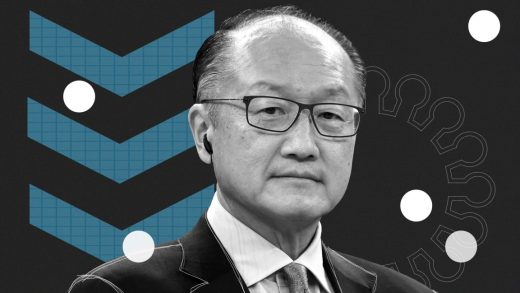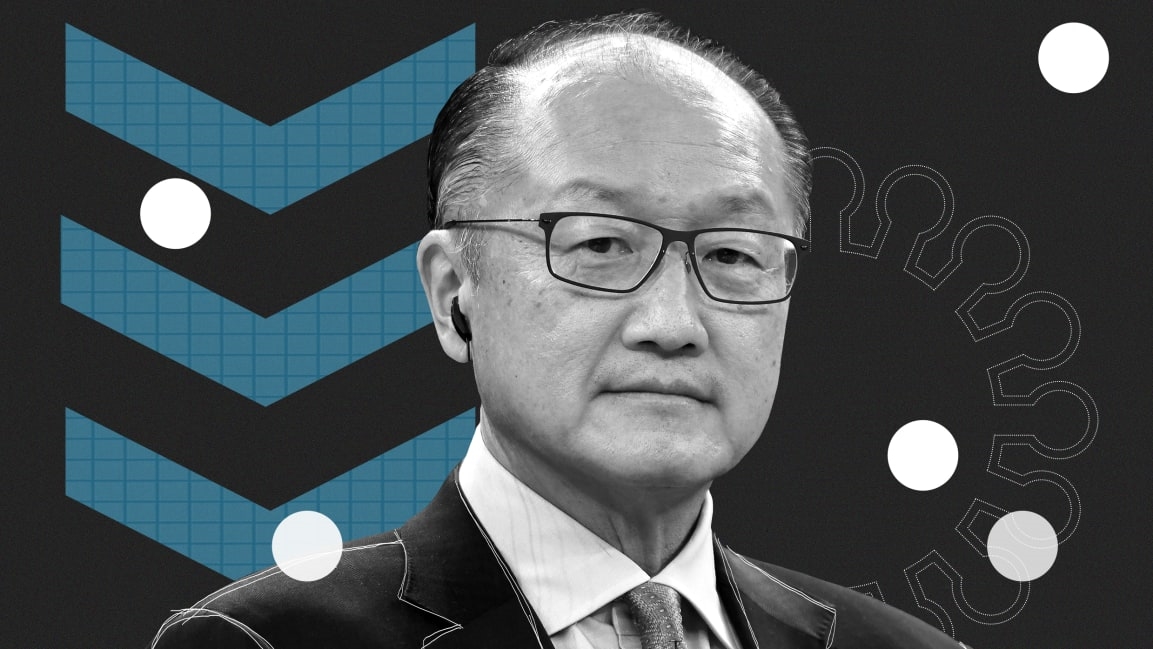Former World Bank president Jim Yong Kim has a 5-point plan to defeat COVID-19
Dr. Jim Yong Kim, the former president of the World Bank, says that he has the only plan to squash COVID-19 and reopen the economy. In a wide-ranging interview with Fast Company editor-in-chief Stephanie Mehta, Kim presented an aggressive five-point strategy.
The essential five-point plan
Deployed together, these actions smother outbreaks as they are detected, and have proven effective in South Korea, Singapore, and Taiwan. The United States is currently not doing any of these things adequately, largely due to insufficient funding and low mobilization of the public health system.
Kim says that waiting on a vaccine is wishful thinking, as it will take a year or more, production is complicated, and vaccinating 7.8 billion people is utterly complex—if the virus doesn’t mutate before then.
“The one thing we know for sure that is going to be effective is the five-point strategy,” Kim says. “It’s going to be hard, it’s going to be expensive. But I don’t think we have any other choice.”
The U.S. price tag will be hundreds of billions of dollars, he adds.
But all five steps must be deployed simultaneously and aggressively, Kim continues, and the stakes could not be higher: “This is the crisis of our lifetimes. If we let this continue to go, the economic devastation will be just unspeakably horrific, and especially in developing countries, we’re gonna hear talk of people starving to death if we don’t get on top of this.”
Kim was the president of the World Bank from 2012-2019 and a former chair of the department of global health and social medicine at Harvard Medical School, as well as the former president of Dartmouth College. He is also a cofounder of Partners in Health, where he worked with Paul Farmer for over two decades, and has recently returned to help the state of Massachusetts deploy the five-point plan. He hopes that the work there will help other countries mimic such deployments.
His predictions
If the current U.S. strategy continues, Kim fears a cycle of lockdowns and government stimulus packages. “If there’s a second peak or third peak, those are going to be even harder,” he says, pointing out that finding the $2 trillion stimulus package required for successive peaks will become “very difficult.”
He suspects that the coming months will see regions and countries ease up their lockdowns, followed by spikes of cases and deaths. “It is painful that we’re going to have to learn that the fire is hot by touching it again.”
The missing step in the U.S.
One important isolation step, he says, has not been taken in the U.S.: opening dormitories and hotels for relatively healthy people who have tested positive, so they can protect their families from infection. Currently, social distancing often stops transmission between households, but many new cases are generated within families. He says that Massachusetts colleges have already offered dorm spaces.
America’s underwhelming response is not unusual
Kim has witnessed firsthand the same sluggish response and wishful thinking before, to Ebola, tuberculosis, cholera, and HIV epidemics, where the global public health community initially said that the five-point plan would be too costly, complex, and difficult.
“Just about every place we’ve implemented these five-point plans, people have resisted,” he says.
(4)



